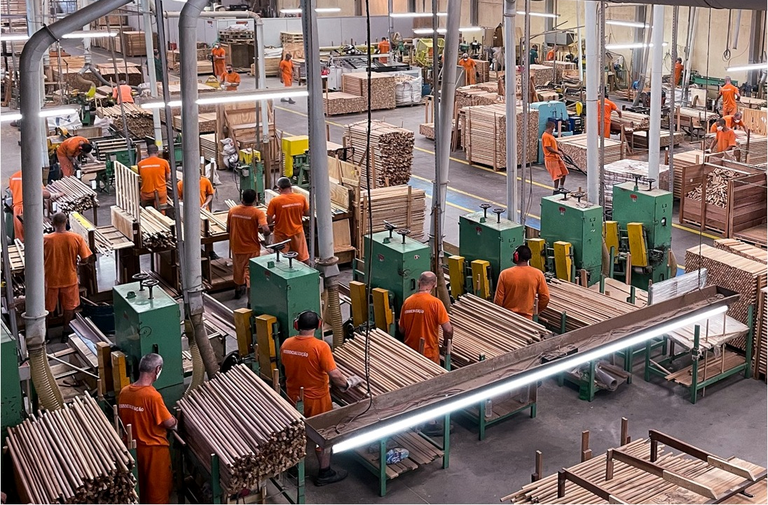
Submitted by Frank Evans on Tue, 06/02/2024 - 13:33
The grants will fund projects to examine why Brazil is building prisons exponentially, who benefits, and how the expansion in the number of prisons is changing Brazilian society - and not for the better.
The first endowment is a 3 year Leverhulme Research Project Grant amounting to £299,000. It will be used to fund “The Prison Consensus: Incarceration, Investment and Inequality in Brazil”. Here is a short summary of this project:
Brazil is amidst an unprecedented prison boom—nearly 1450 built since the 1970s, when only about 50 existed. However, the majority of prisons—even the newest—are governed by organised crime, 42% of the population is pre-trial, and massacres are common. There is nonetheless broad agreement—a veritable 'prison consensus'— across NGOs, organised crime, hedge funds, left and right parties, and national and international courts, that more prisons must be built to 'humanise' them and reduce overcrowding, despite their well-known failures. We want to know why, how this consensus is changing Brazilian society, who benefits, and how such dramatic investment happens under usually tight budgets.
The second grant is a Distinguished Scholars Award ($16,600 for one year) from the Harry Frank Guggenheim Foundation. It will fund "More and Better Prisons, More and Worse Criminal Governance?: Exponential Prison Construction and Violence in Brazil.” Here is an overview of this project:
In the 1970s, Brazil had as few as 50 prisons. Today it has nearly 1450. This historical shift surrounds an empirical fact: criminal governance makes its home in these prisons. Fifty three different groups rule prisons and parts of cities in every state in the country, bringing violence and conflict with them. In the 1970s, none of these groups existed. Brazil's struggle with violence has gotten worse, and we suggest that the policy of building 'more and better' prisons is central to the reason why. Moreover, that this investment in prisons has diffused violence across the country and beyond. We seek to carry out research on this matter, and by thinking through two hypotheses, namely: a) that new prisons continue with the conditions of violence and vulnerability that motivate organised crime groups, their membership, and non-affiliated individuals that enter their sphere, and; b) that while new prisons provide modern architectural form to punishment they simply create new territory that must be contested and conquered by criminal governance groups -lest a rival do so. To advance this research, we will carry out rigorous qualitative fieldwork in a comparative approach to two states in the country that have both built prisons exponentially but that have varied experiences with organised criminal governance. We seek to contribute to acute and transdisciplinary debates about prisons, failing public policies around violence, and the intransigence of criminal governance in democratic states.
